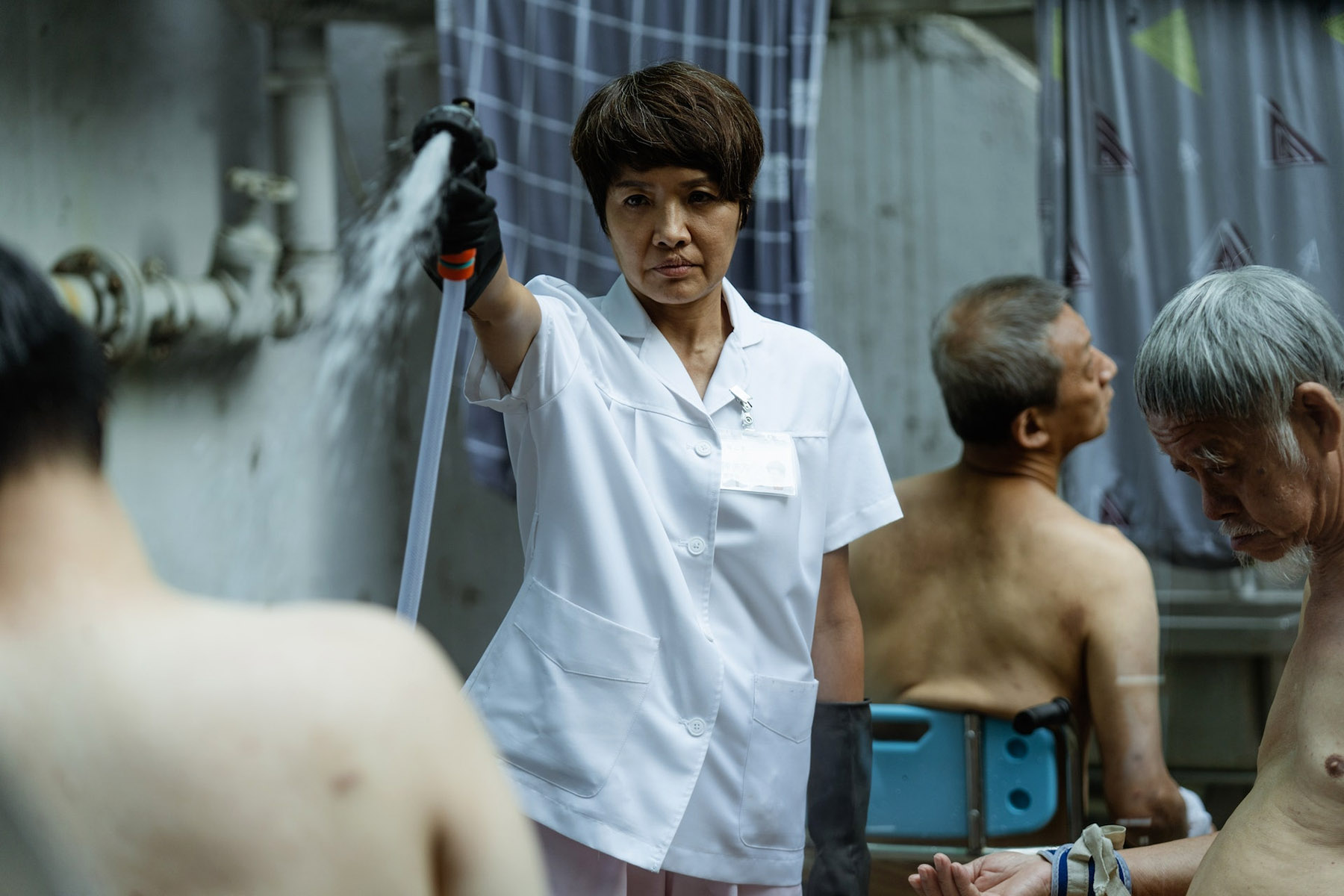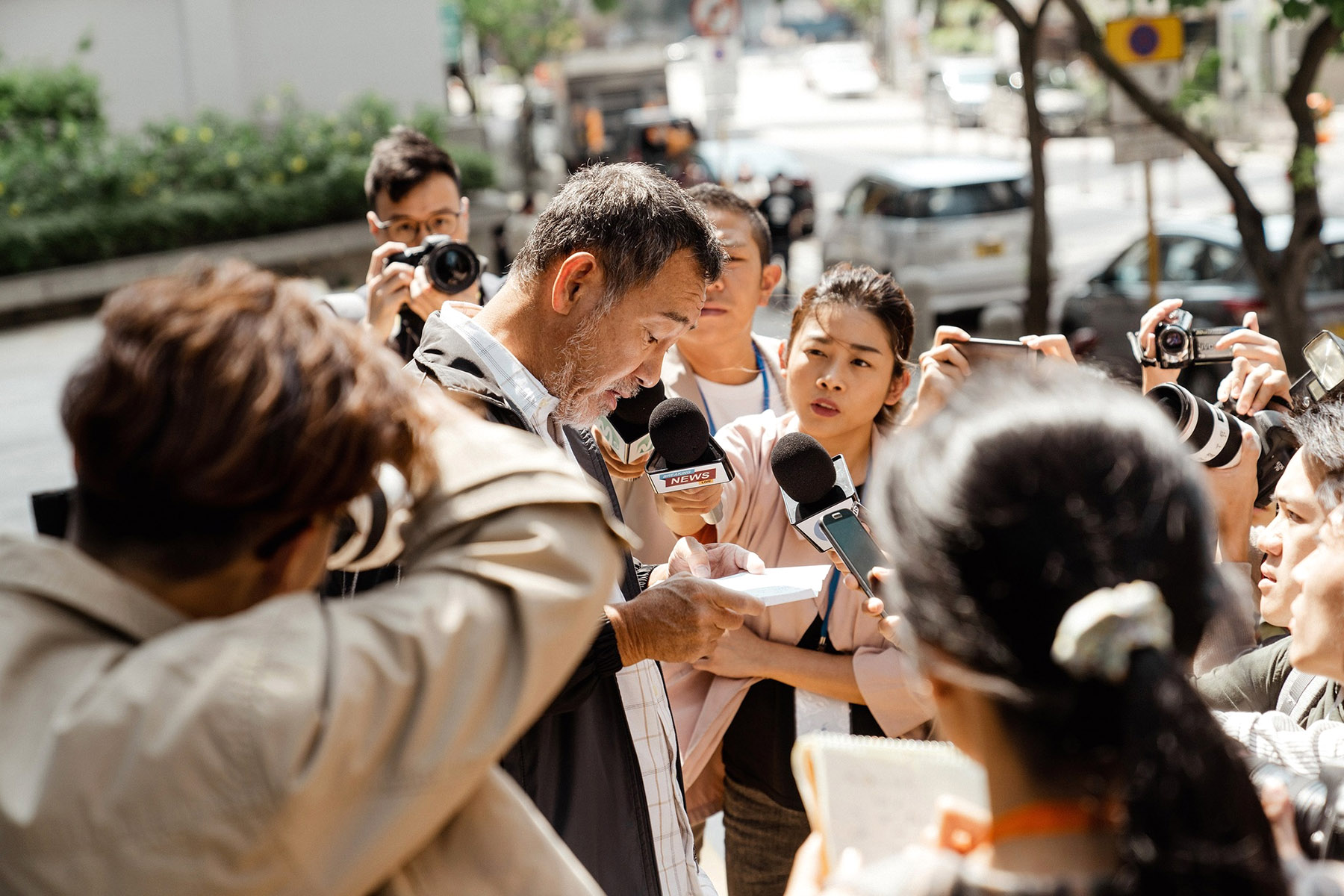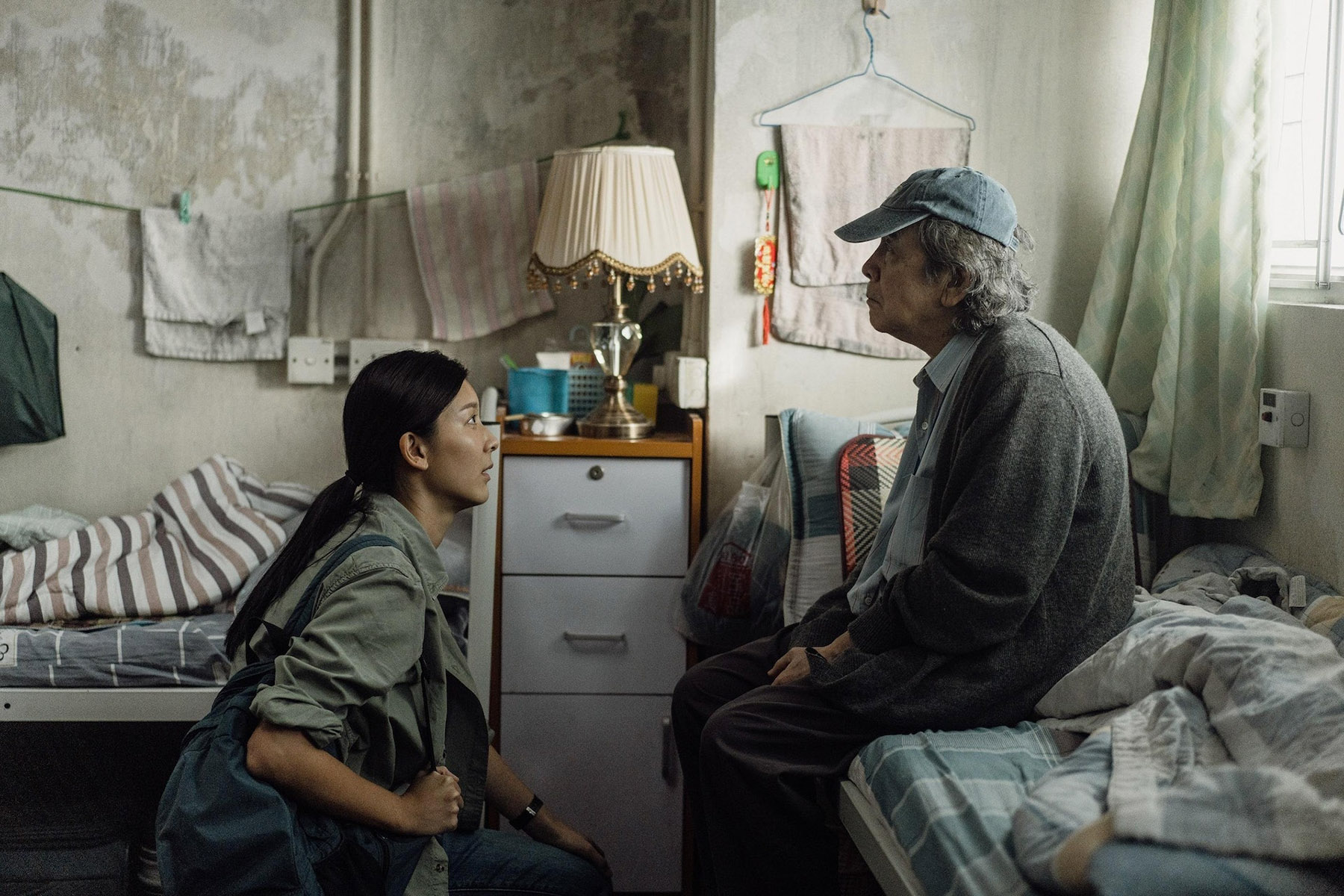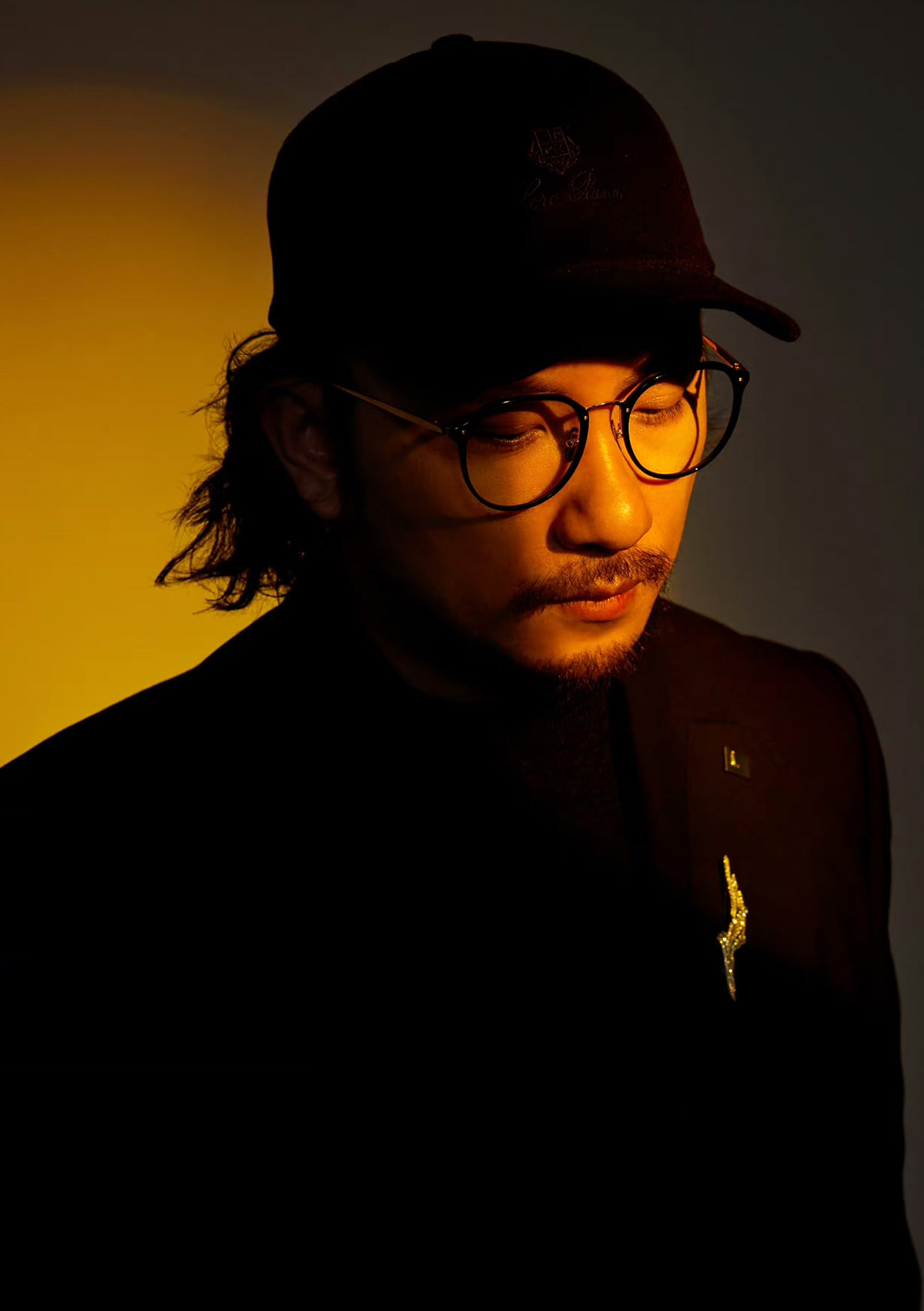Sense of helping others drives HK director to produce memorable work, Xu Fan reports.

In 2016, upon stumbling across a distressing report detailing the abuse of elderly residents in a Hong Kong care home, director Lawrence Kwan Chun-kan was consumed by anger.
This intense emotion prompted him to ask himself, "Is there something I could do to help as a filmmaker"?
As a director, I work on making films. So, I think I could shoot a film to expose the darkness on the silver screen and hopefully draw more attention from people.
Lawrence Kwan Chun-kan, director
In the following years, Kwan, who delved deeper into the subject, found a script taking shape after reading a series of real-life scandals, including a care facility head suspected of sexually assaulting a woman with intellectual disabilities in 2014, seniors being forced to wait to shower naked outdoors in 2015, and the mysterious deaths of six patients within eight months in 2019.
A Hong Kong native, Kwan graduated from the Vancouver Film School in Canada and made his directorial debut with When C Goes With G7, a romance that was screened in 2013.
READ MORE: Chinese films shine once more at Cannes
It took him five years to prepare and produce In Broad Daylight, his second directorial feature inspired by the 2016 report. During the challenging years, he reveals that he received assistance from the renowned filmmaker Derek Yee and Hong Kong superstar Louis Koo, with the latter providing financial support.

Last month, the movie won in three categories at the 42nd Hong Kong Film Awards: Best Actress, Best Supporting Actor, and Best Supporting Actress.
Since its release in theaters across the Chinese mainland on April 12, the film has struck a chord, as evidenced by its high score of 8 out of 10 points on the popular review aggregator Douban.
Unfolding with a journalist who goes undercover as the overseas-returning granddaughter of a senior resident with dementia, the tale follows her investigative journey to expose a series of abuses, corruption, and sexual assault in a residential care home.
"As I was studying the subject, I realized that the core question I was eager to explore is, 'Does aging signify a loss of dignity and the inability to gracefully grow old?'" Kwan reveals to China Daily.

He recalls that he managed to obtain the contacts of two journalists who wrote one of the news articles about care home abuses, astonishingly discovering that what really happened was more "dramatic, absurd, and brutal" than the newspaper reported.
"I always thought the journalists had done a fantastic and heroic thing, as the care home had its license suspended because of their report. So, I asked them if they received gratitude from people," says Kwan.
However, to the director's surprise, the journalists replied that while some people expressed gratitude toward them, many family members of the nursing home's residents also angrily scolded and blamed them, as many residents were left homeless and in a very difficult situation, with nowhere to go.
"I immediately thought that, originally, we were doing something with good intentions, but sometimes the results may not turn out as we expected," the director says.

Toward the film's conclusion, the care home is also shut down, leaving its residing elderly and vulnerable people awaiting an uncertain future in the rain, and the protagonist, the female journalist, faces a backlash from the residents' families.
Through a stark and realistic narrative, the film also aims to explore the significance of the news industry in the current era — questioning whether the journalists can still influence society through reporting. However, by the end of the film, this idea gives way to a sense of powerlessness.
Reflecting on his own occasional feelings of powerlessness, Kwan shares how he has developed his own method to overcome the sense. "As a director, I work on making films. So, I think I could shoot a film to expose the darkness on the silver screen and hopefully draw more attention from people," he explains.
ALSO READ: A destination of good taste
Discussing more about the positive aspect, Kwan shares a quote from a senior audience member that has deeply resonated with him: "He said, as ordinary people, we can't do too much to change the world, but we should focus on exercising and caring for our health, thereby improving our later years."
Contact the writer at xufan@chinadaily.com.cn


